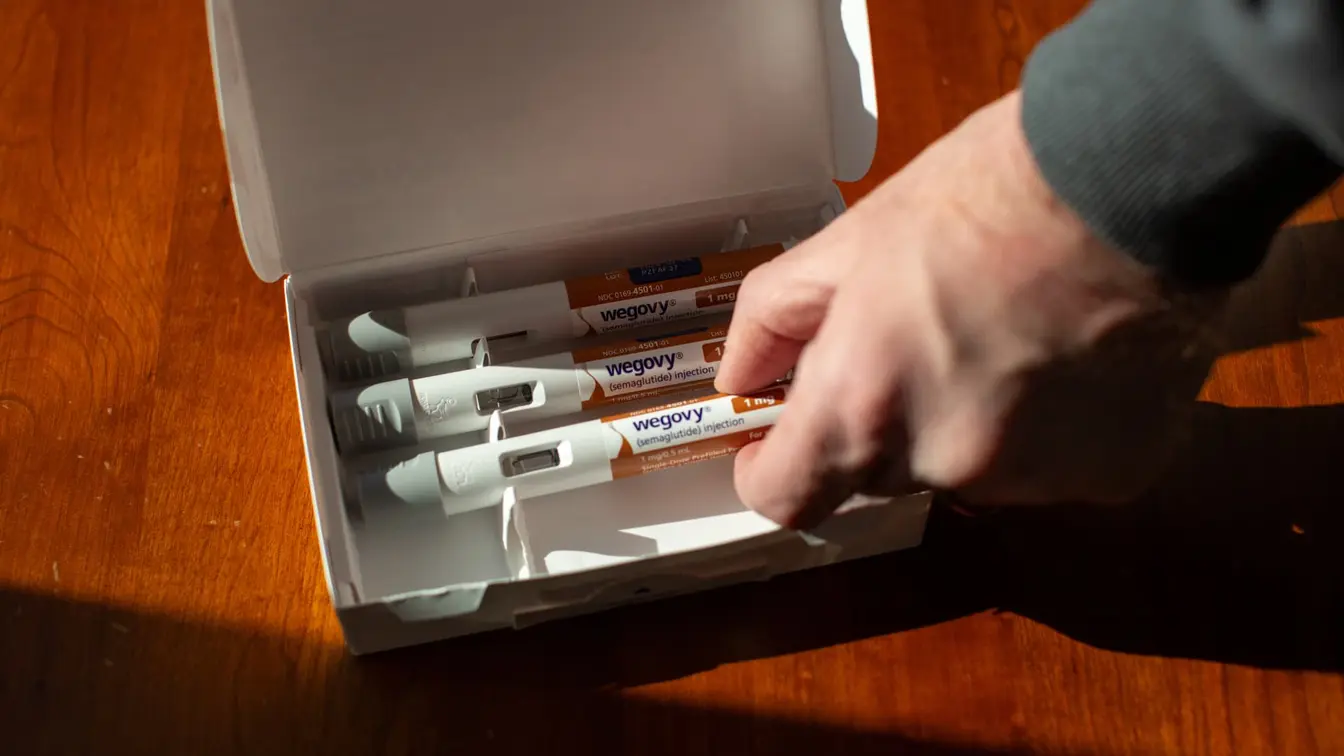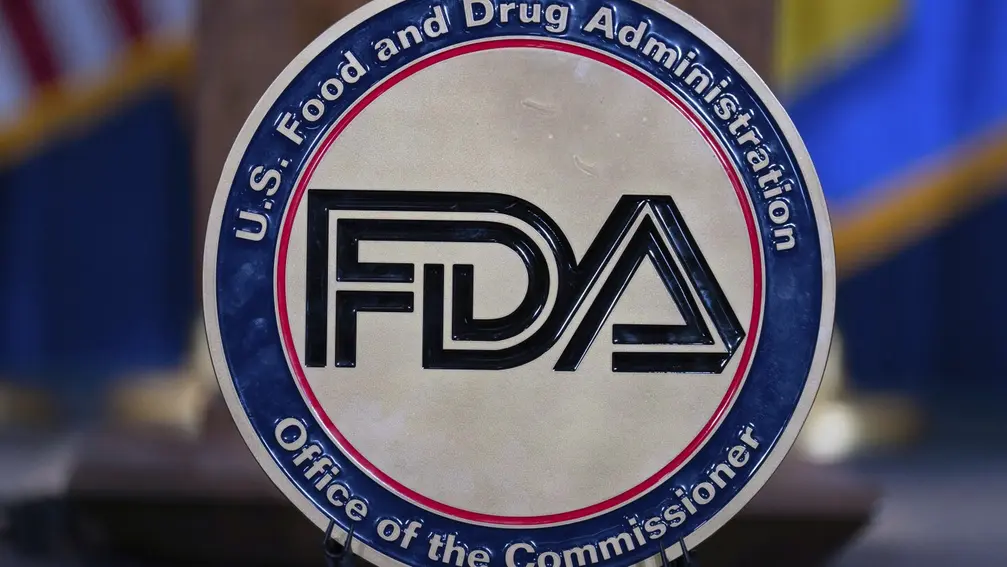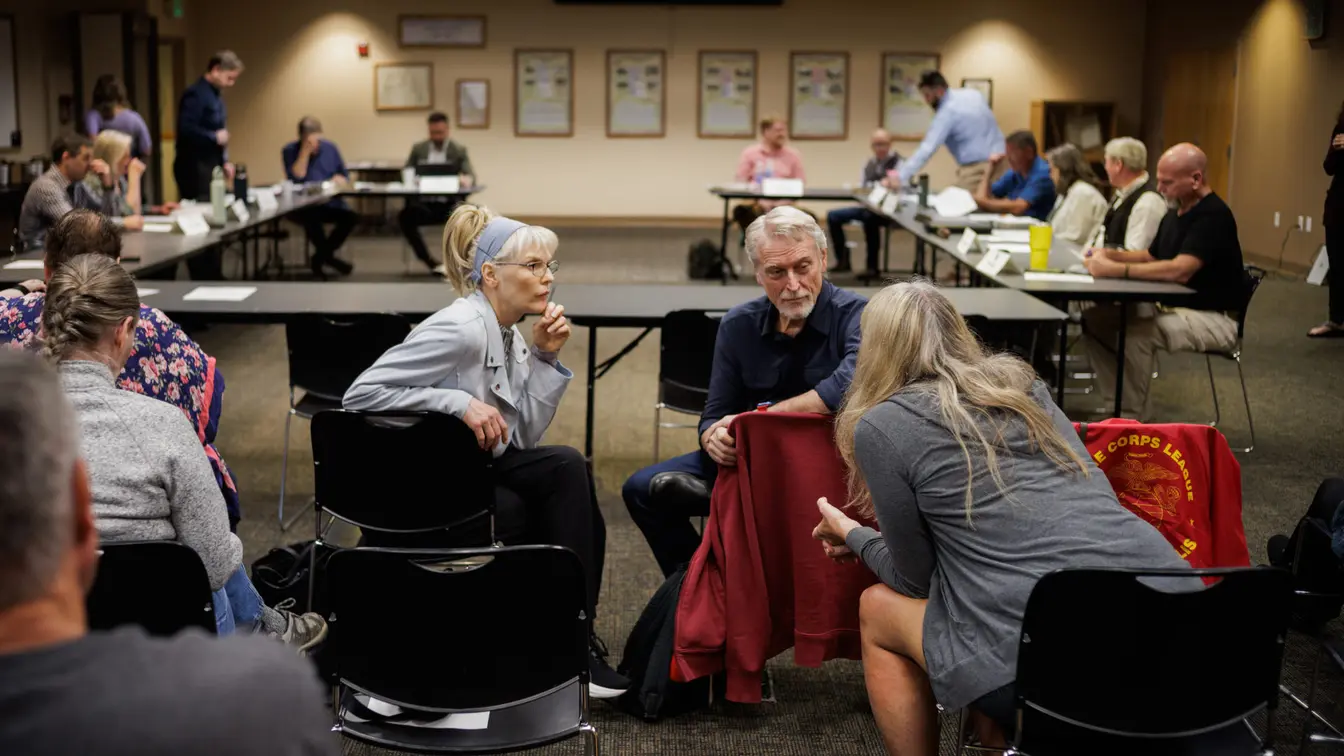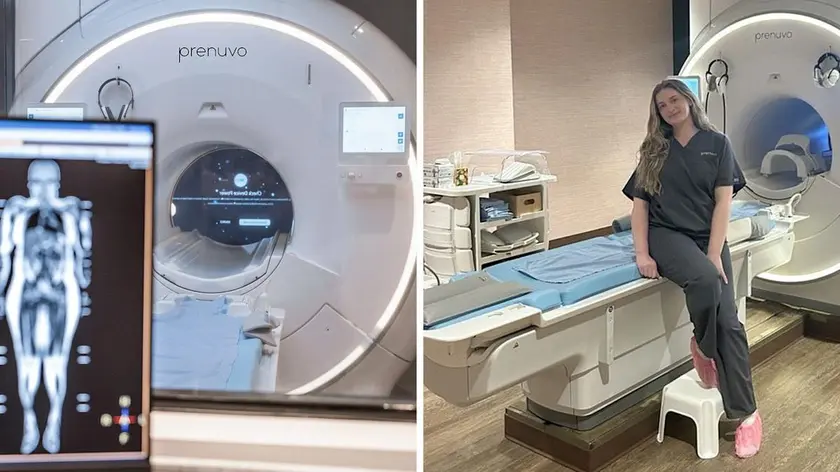T4K3.news
Sasha Pieterse discusses PCOS and medical doubt
The actor opens up about seizures, weight gain, and a long path to an PCOS diagnosis in a candid interview.

A teen star describes doctors doubting her symptoms for years before a PCOS diagnosis changed her health story.
Sasha Pieterse Reveals Years of Medical Neglect and PCOS Diagnosis
Sasha Pieterse, who rose to fame on Pretty Little Liars, describes a long health struggle that began in her early teens. She says seizures, rapid weight gain, and irregular periods went unseen by doctors who blamed her lifestyle, even as she followed medical advice. By age 17 she had gained about 70 pounds and faced a medical maze that included visits to 17 gynecologists who told her to eat less and move more.
The turning point came when she was finally diagnosed with PCOS, a common hormonal condition. Scientists know PCOS can affect fertility, weight, and hair and skin changes, but the path to diagnosis can be long. Pieterse emphasizes the toll of years of unanswered questions and the relief that comes with clarity and a plan for care.
Key Takeaways
"I went to 17 different gynecologists. They all said I was just eating too much or not exercising enough, even though I was doing everything right."
Her accounts of doctors blaming her for weight gain.
"Once I got the diagnosis, not only was that so validating, I knew there were steps I could take."
Her reaction after PCOS diagnosis.
"I wasn’t crazy, there was something real going on."
Her frustration with medical dismissal.
Her story exposes a pattern of medical bias toward appearance, especially for young women. When weight becomes the main symbol of illness, real symptoms can be overlooked. A public figure sharing this journey can educate and reduce stigma, but it also risks simplifying a complex medical issue for online audiences. The piece underscores the need for listening, not labeling, in health care.
The narrative also highlights the value of patient advocacy and early, multidisciplinary care. A correct diagnosis can lift a heavy mental load while guiding practical steps for treatment. It invites readers to consider how health systems respond to patient concerns and how doctors balance symptoms with body image when making a diagnosis.
Highlights
- I went to 17 different gynecologists. They all said I was just eating too much or not exercising enough.
- Once I got the diagnosis, I knew there were steps I could take.
- I wasn’t crazy there was something real going on.
- Listening to patients is the first step toward real answers.
Medical bias and public reaction risk
The piece touches on sensitive health issues and a public figure sharing a private medical journey. This can invite misinterpretation or backlash if not handled with care. It also raises the need to protect privacy and avoid sensationalism.
Listening to patients remains the first step toward real care.
Enjoyed this? Let your friends know!
Related News

FDA panel criticized for misinformation on antidepressants

GLP-1 drugs show potential for PCOS treatment

Sarepta defies FDA request on gene therapy shipments

Lifetime Christmas movie features sex scene

Idaho Implements New Vaccine Policies Amid Trust Crisis

Whole Body MRI Insight vs Cost

Deion Sanders diagnosed with bladder cancer but plans to coach

Health crisis linked to wedding obsession reported
